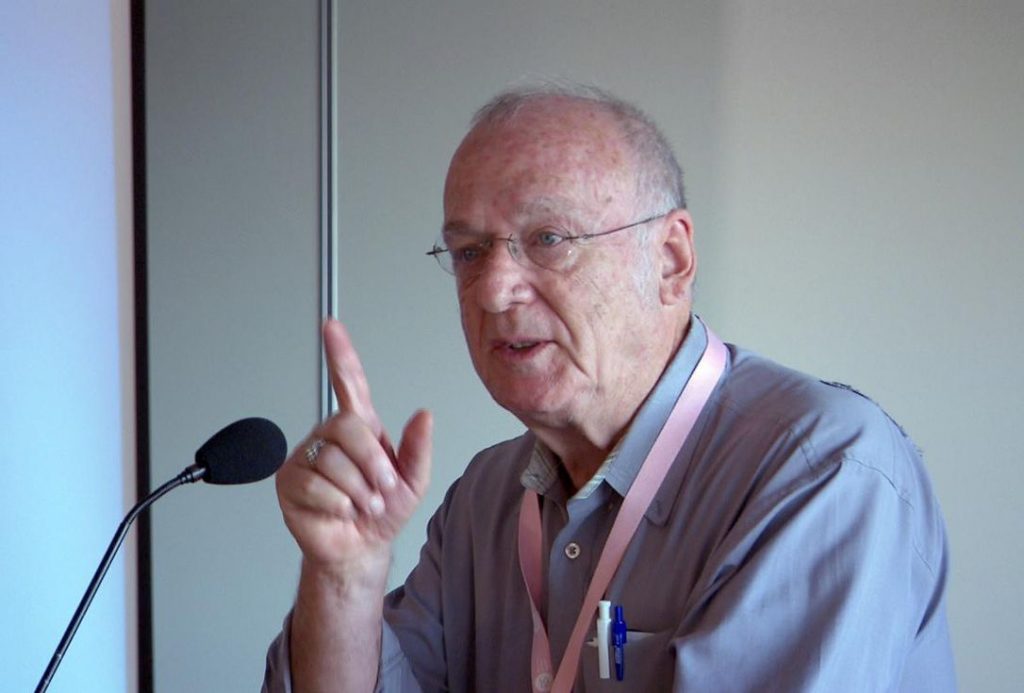A prominent astronomer at the University of Texas in Austin has withdrawn a preprint and a published paper after critics accused him of perpetuating inequality in the field, saying he is more sorry “than words can say” about the matter and that he is taking a hiatus from his work to allow the controversy to subside. He is also putting publication of a book he wrote on the subject on hold.
At the heart of the controversy was an article by John Kormendy, a specialist in black holes, titled “Metrics of research impact in astronomy: Predicting later impact from metrics measured 10-15 years after the PhD.”
Kormendy published the work last week as a preprint on arXiv before it appeared in PNAS but after he’d received word from the journal that it had been accepted.
According to a summary of the article:
Continue reading Astronomer apologizes, withdraws preprint slated for PNAS about impact in the field after criticism








